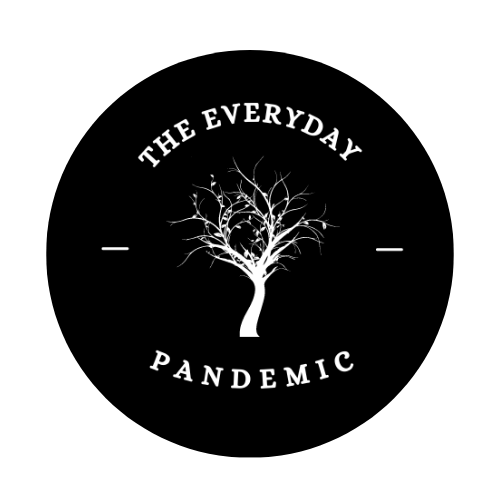Even if she reached the end of letters, of roads. Of calendar grids and meals served. Even at the end of the body’s order—the liver’s gather and flush, the heart’s neat applause for itself—still a fogged way tears open. Still four a.m. arrives and the beloved’s place in bed empties and the door locks behind him as he walks into another morning. Even then no specter rises from the Delaware with its cool green gaze, its gentle supplication of the shore, to collect her up from this unspooling. Neither the all-night gaslight, nor the crowd spilling out from the bars. Neither this knot of card-players on the stoop, nor this climax of fireworks. Not this aurora, and not the plane signaling its landing, certainly not the refinery explosion. Not this longed-for text message nor that butterfly migration comes to rescue her from her days, no matter their numerology or her pious waiting, no matter her body cleansed and bared. No matter her prostration on this wooden bridge between worlds, the current lapping hungrily at the smooth stones below.
She says this tkhine on her child’s first birthday, the world unfolding
Sample
20. Is it a common belief that the appearance and resemblance of children depends on what the mother sees during the time she is leaving the mikve and during her pregnancy?
Theorem

Leah Falk is the author of To Look After and Use (Finishing Line Press, 2019). Her work has appeared in The Kenyon Review, FIELD, Electric Literature, Best New Poets, and elsewhere. Born and raised in Pittsburgh, she lives in Philadelphia and directs programming at the Writers House at Rutgers University-Camden.
About the Series: These poems are a part of our ongoing series exploring isolation, exile, and “The Everyday Pandemic.” With the arrival of COVID-19 new realities emerged. Isolation became ubiquitous. Everyday movement suddenly came with great risk. The spaces that once brought order and safety became malleable and uncertain. Throughout this series it is our hope to create an alternative conversation to the dominant COVID-19 discourse: one that captures the daily toll of life through the pandemic from the perspective of writers and artists who are familiar with the experience of isolation and exile. With this in mind, we’ve collected stories, poems, nonfiction essays, and digital art from writers and artists from all walks of life and from all around the globe.


